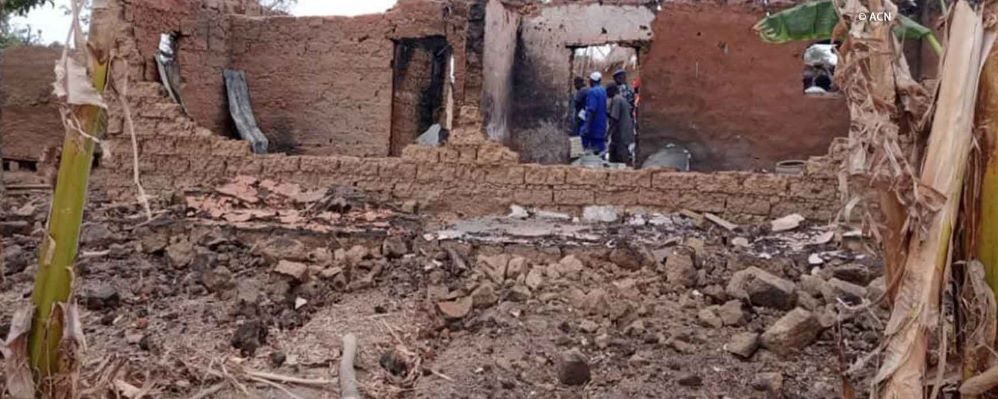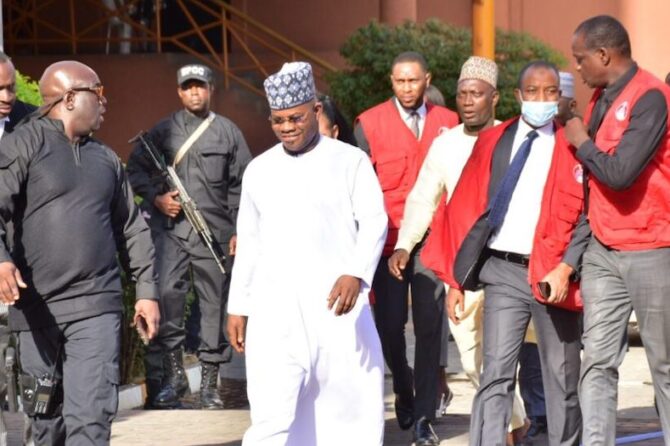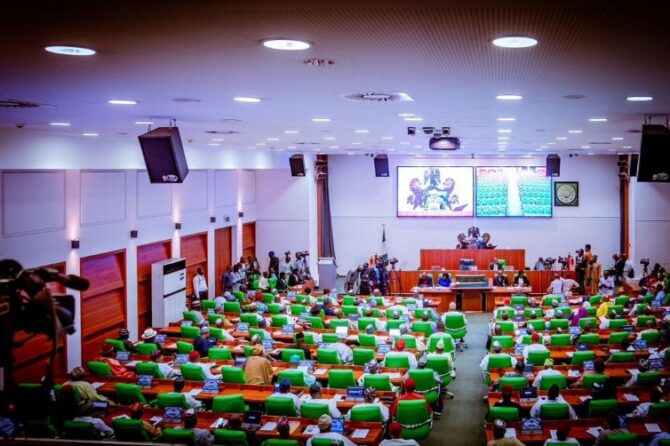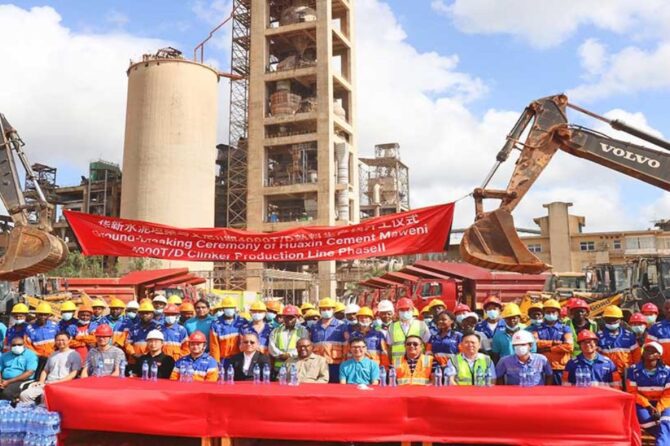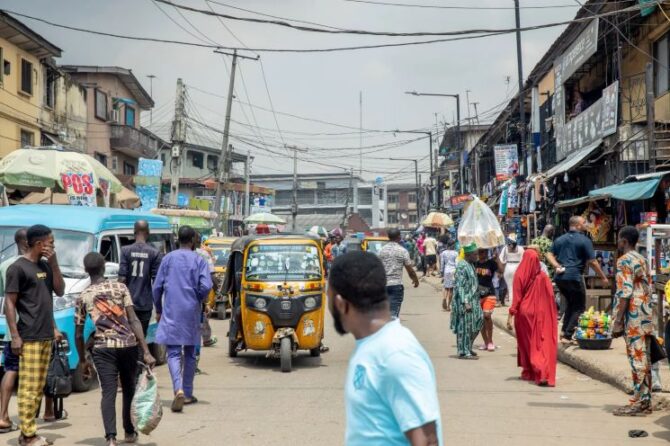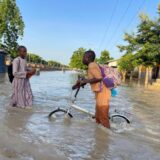Dozens Killed in New Wave of Attacks in Nigeria’s Middle Belt
Benue State, May 27, 2025 – At least 36 people have been killed in a series of brutal attacks across several villages in Nigeria’s Middle Belt, particularly in Benue State, between May 24 and 26, 2025. The violence, attributed to militant Fulani herders, has left communities devastated, with many injured, abducted, or displaced.
Details of the Attacks
The attacks began on May 24 in Tse Orbiam, Gwer West Local Government Area (LGA), where Father Solomon Atongo of Jimba Parish was shot in the leg while returning from a memorial service for two priests killed in 2018. Two passengers with him were abducted. On the same day, a local farmer was gunned down on his farm.
The violence escalated on May 25 in Aondona village, also in Gwer West LGA, where heavily armed assailants opened fire indiscriminately, killing at least 20 people and causing widespread panic. Residents, including priests and religious sisters, fled to nearby villages for safety.
On the same day, in Yelewata village, Guma LGA, three members of a family—a father, his teenage son, and a two-year-old child—were killed, while the mother sustained serious injuries. Other attacks in Tse Orbiam and Ahume resulted in additional fatalities, including the death of a Mobile Police Officer on special assignment.
A final attack on May 26 on the Naka-Adoka Road saw armed men open fire on residents and travelers, killing one and injuring six.
Humanitarian Impact and Security Concerns
The attacks have created a humanitarian crisis, with survivors displaced and seeking refuge in churches and camps. Father Oliver Ortese, Chairman of the International Advisory Board for the Makurdi Diocese, condemned the security forces for failing to intervene despite the presence of a military post near some attack sites.
Benue State Governor Hyacinth Alia described the attacks as “heinous acts” and called for urgent action to restore peace.
Background and Context
The Middle Belt region of Nigeria, where the predominantly Muslim North meets the largely Christian South, has long been a flashpoint for violent clashes between nomadic Fulani herders and settled farming communities. The conflicts are fueled by competition over land and water resources, ethnic and religious tensions, and political factors.
The Fulani herders, a minority among Nigeria’s Fulani population, are often implicated in attacks on farming settlements, leading to cycles of violence and retaliation.
Official Responses
Local authorities and security agencies are investigating the attacks, with search and rescue operations ongoing. The Catholic Diocese of Makurdi and humanitarian organizations are providing aid to displaced persons.


